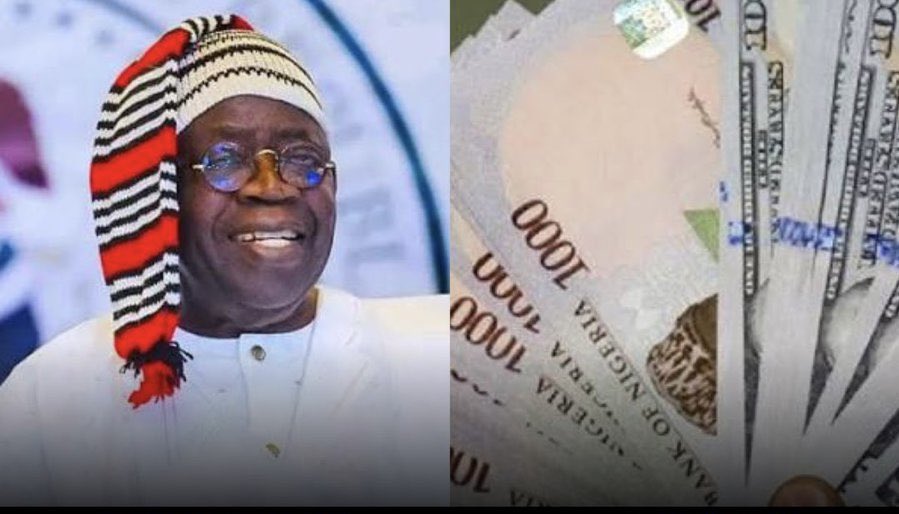
Nigerians Jubilate as Naira Strengthens to Below N1,500 per Dollar for First Time Since February 2025

The Naira has surged to its strongest level in months, breaking a crucial psychological barrier by trading below ₦1,500 per US dollar for the first time since February 2025.
Fresh data from the Central Bank of Nigeria (CBN) confirms that the local currency closed at ₦1,497.5 per dollar on Monday, September 15, marking an improvement from last Friday’s closing rate of ₦1,501.5—a gain of ₦4.03 in just one trading session.
For many Nigerians, weary of prolonged economic strain, the news was greeted with relief and optimism. The symbolic fall below the ₦1,500 mark sparked jubilation online, with hashtags celebrating the rebound quickly trending on X.
For businesses and households alike, the development signals hope that imported goods, fuel, and essential commodities may soon ease in price, even if gradually.
Analysts point to a convergence of factors behind the currency’s resurgence. Nigeria’s external reserves, a key indicator of economic strength, have risen steadily, reaching $41.70 billion as of September 12, 2025. This build-up, economists say, reflects stronger inflows from crude oil sales, improved remittances, and tighter monetary policies by the CBN aimed at stabilizing the forex market. The central bank’s interventions—ranging from stricter capital controls to incentivizing dollar inflows through diaspora remittances—have also helped strengthen confidence in the naira.
The rebound also carries significant political weight. Since President Bola Tinubu’s controversial fuel subsidy removal in May 2023 triggered a sharp rise in inflation and a dramatic weakening of the naira, currency stability has been a recurring demand from citizens and investors alike. Monday’s appreciation provides the government with a rare economic victory, offering a narrative of recovery after months of biting hardship.
Still, experts caution against premature celebration. While the naira’s rally is encouraging, Nigeria’s economy remains vulnerable to global oil price fluctuations, inflationary pressures, and structural weaknesses such as dependence on imports and limited industrial capacity. A sustained recovery, they argue, will require more than short-term forex gains; it will hinge on deeper reforms in agriculture, manufacturing, and power generation to reduce Nigeria’s dollar dependence.
Yet, for the moment, the sentiment on the streets is clear: Nigerians are breathing a little easier. The sight of the naira climbing back to strength—even by a few points—is enough to inspire renewed faith that better economic days may lie ahead.


